
Failure To Disclose
Despite a 2019 California law mandating the release of certain records related to police misconduct, law enforcement agencies in the state are still fighting records requests.
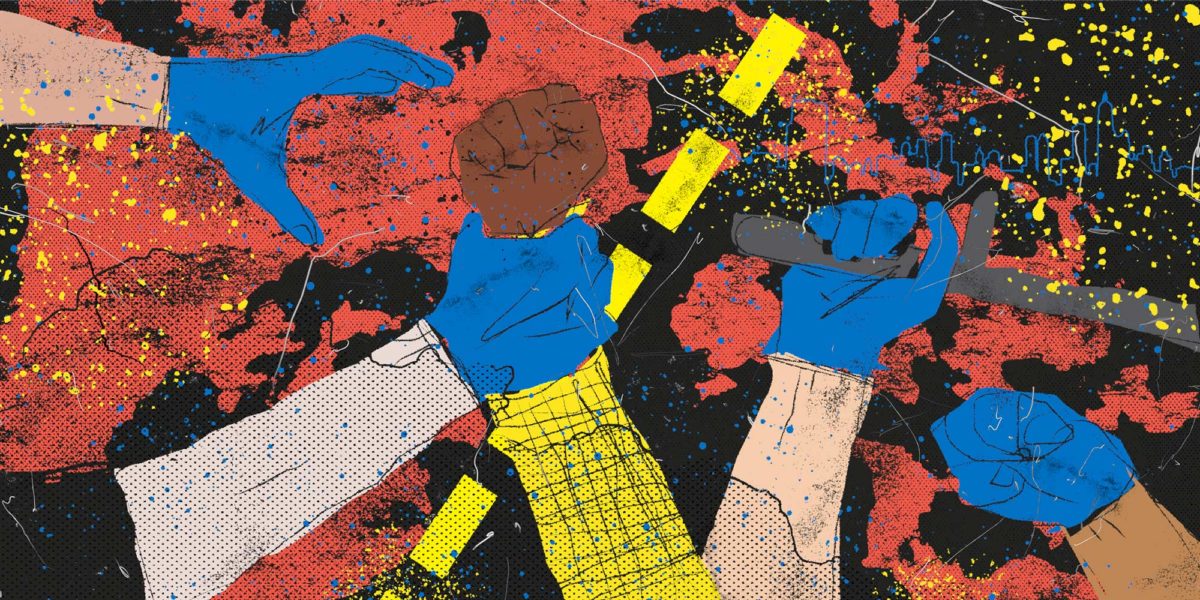
NYPD Unit At Center Of Protest Policing Has Dozens Of Officers With Long Misconduct Histories
Civil liberties experts say the Strategic Response Group’s recent crackdown on ICE protests is the most brutal suppression of protests in decades—and many of its officers are the subject of significant misconduct allegations, including a supervisor with 32 complaints.
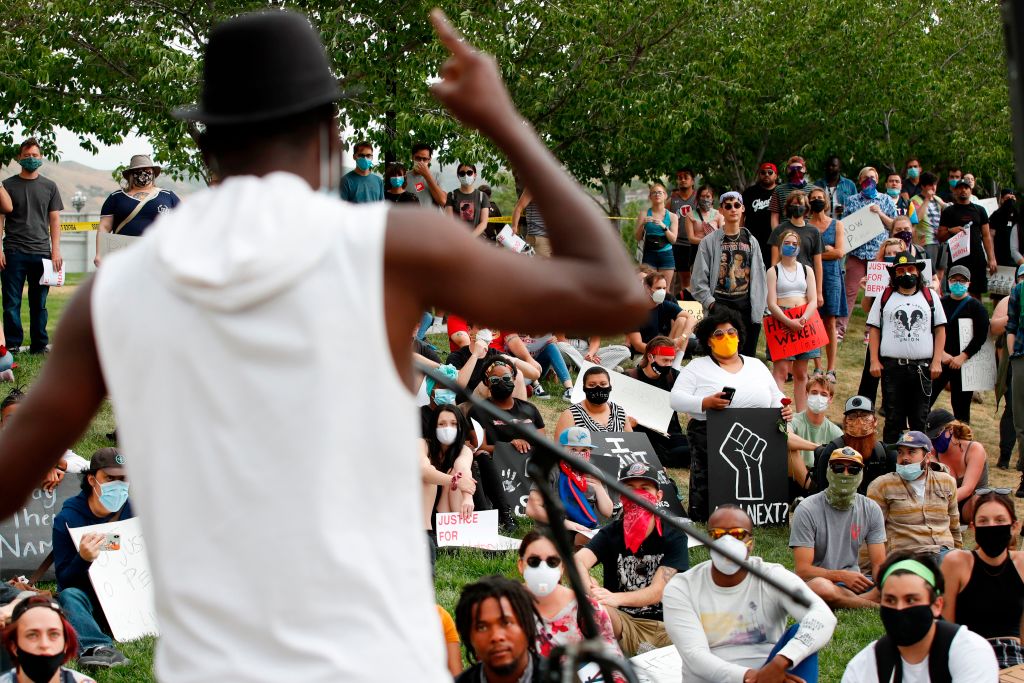
Prosecutors Are Using Gang Laws To Criminalize Protest
Prosecutors in states ranging from New York to Utah are using decades-old gang laws to target participants in the largest uprising against police brutality in U.S. history.
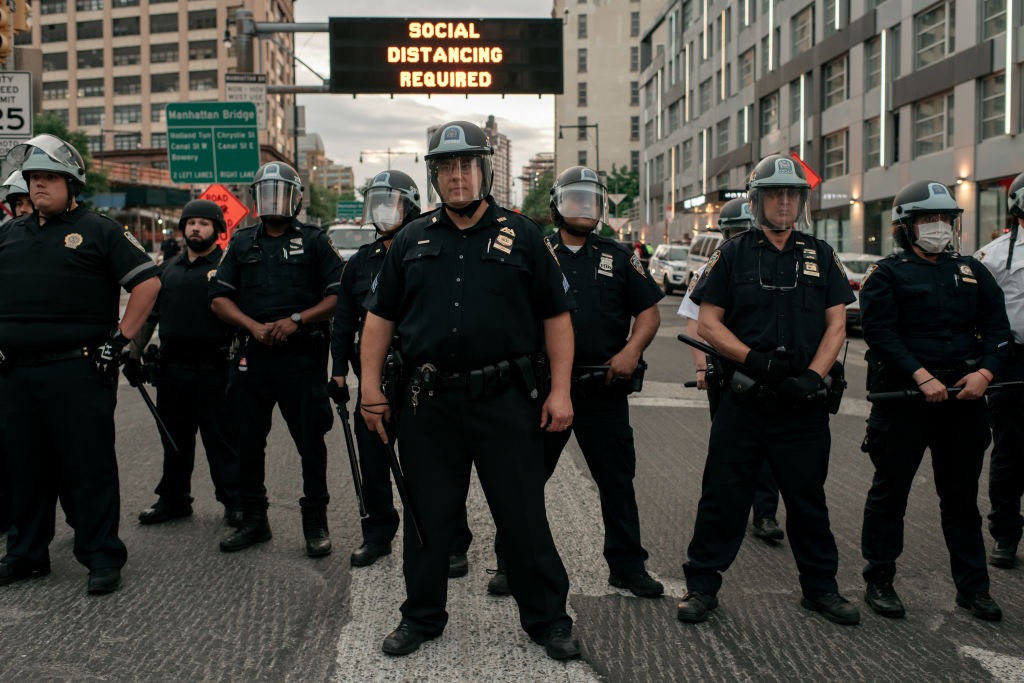
NYPD Expands Use Of Controversial Subpoenas To Criminal Cases
Administrative subpoenas—which do not require a judge’s approval—are typically used for the department’s internal investigations, but The Appeal has learned that they are being used in criminal cases.
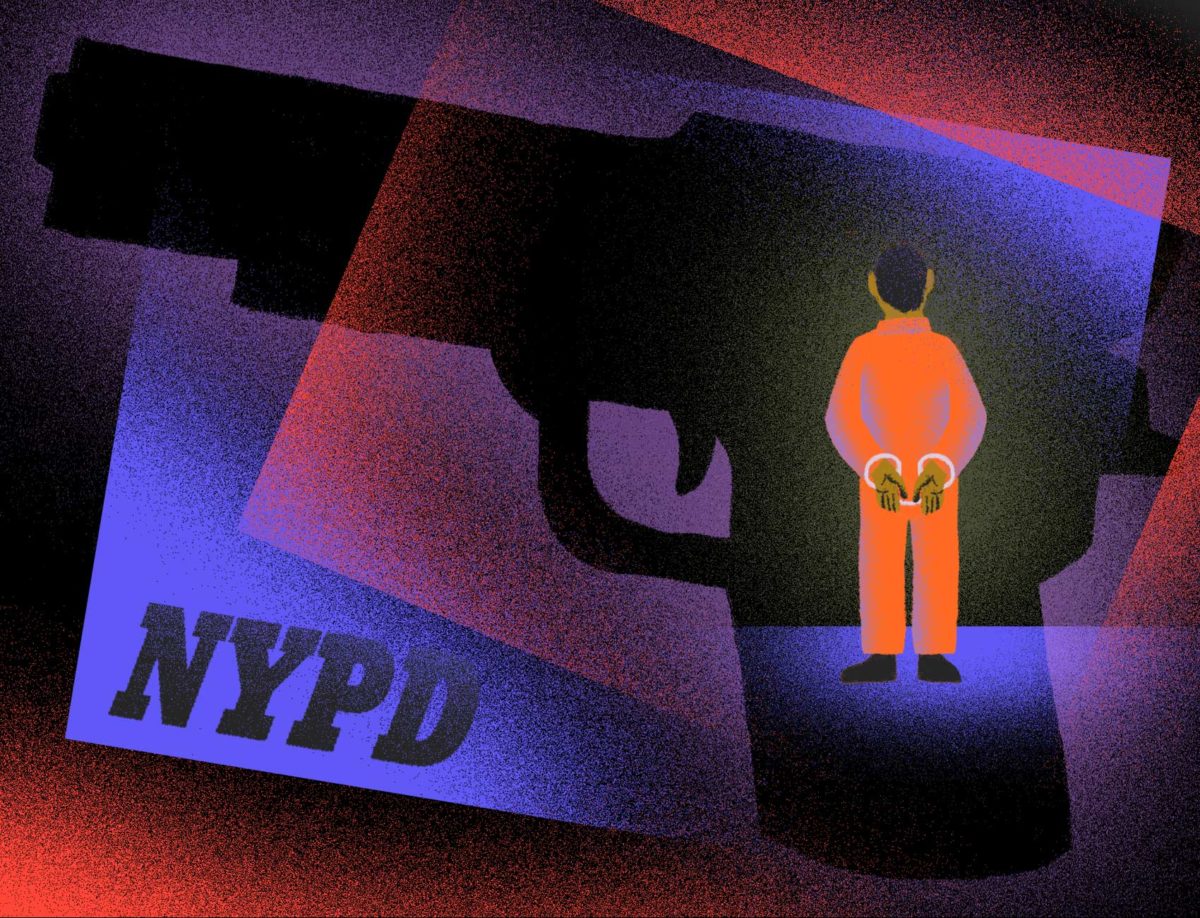
‘They Can Do This To Anybody’
Misconduct complaints against officers in the NYPD’s 34th Precinct have risen for three years straight. In 2018, 15 officers had complaints against them substantiated, the most of any precinct in New York City.
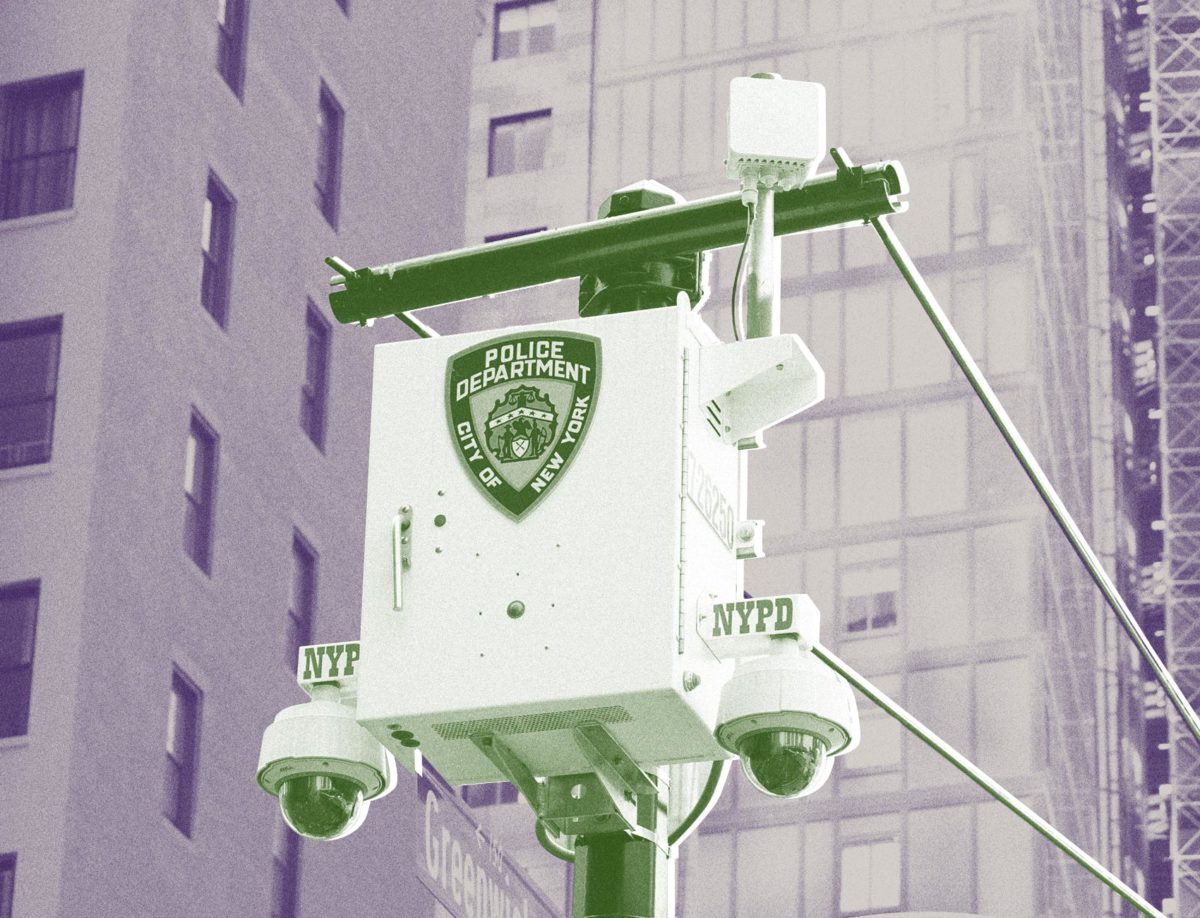
Legislation on New York City’s Sprawling Systems of Surveillance Finally Gets A Hearing
A City Council Committee considers a bill on NYPD surveillance today.

California Court Destroys Files In Historic Police Corruption Case
Criminal case files from Oakland’s seminal Riders scandal were among documents shredded by the Alameda County Superior Court in 2015.
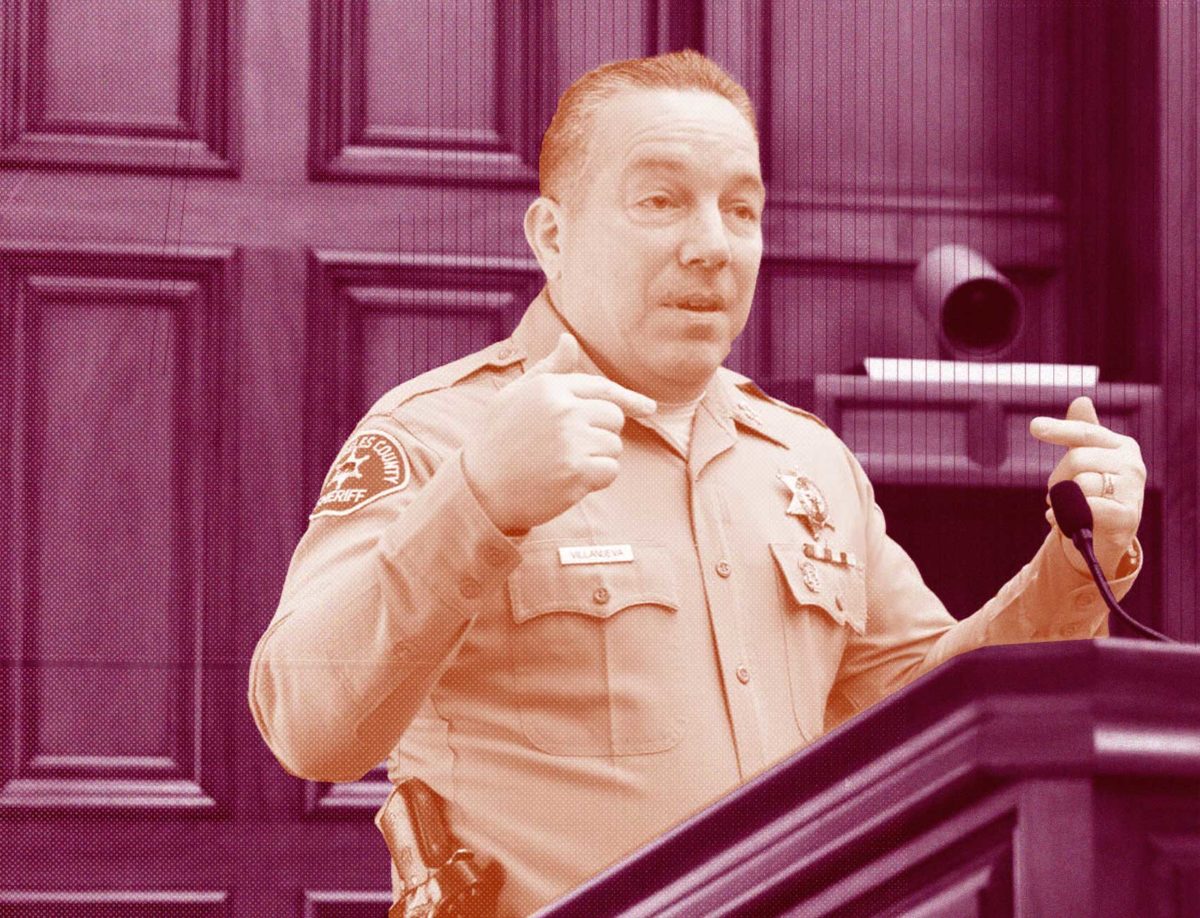
New Lawsuit Focuses On Alleged L.A. County Deputy ‘Gangs’
Los Angeles County Sheriff Alex Villanueva was elected on the promise of reforming the scandal-plagued sheriff’s department. But eight deputies now accuse Sheriff Villanueva of allowing a violent group, the Banditos, to thrive in his department’s ranks.

When Prosecutors Bury Police Lies
Court records and interviews with former prosecutors show that internal assessments of police dishonesty are rarely memorialized, potentially violating the rights of people charged in criminal cases and sometimes keeping the records of bad cops clean.
